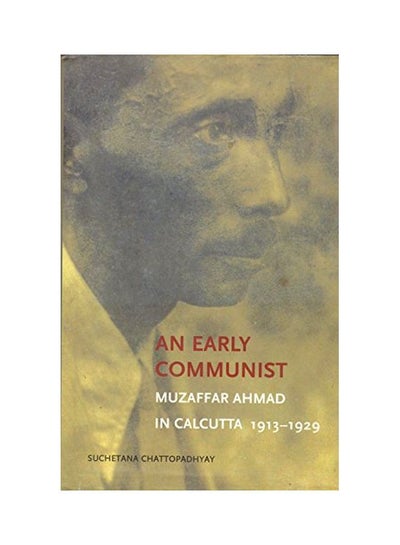74.00AED
73.00-
Lowest Price 73.00
-
Highest Price 160.00
-
Recent Price Raise 1.4%

74.00AED
73.00Tulika Books, Shipped from India